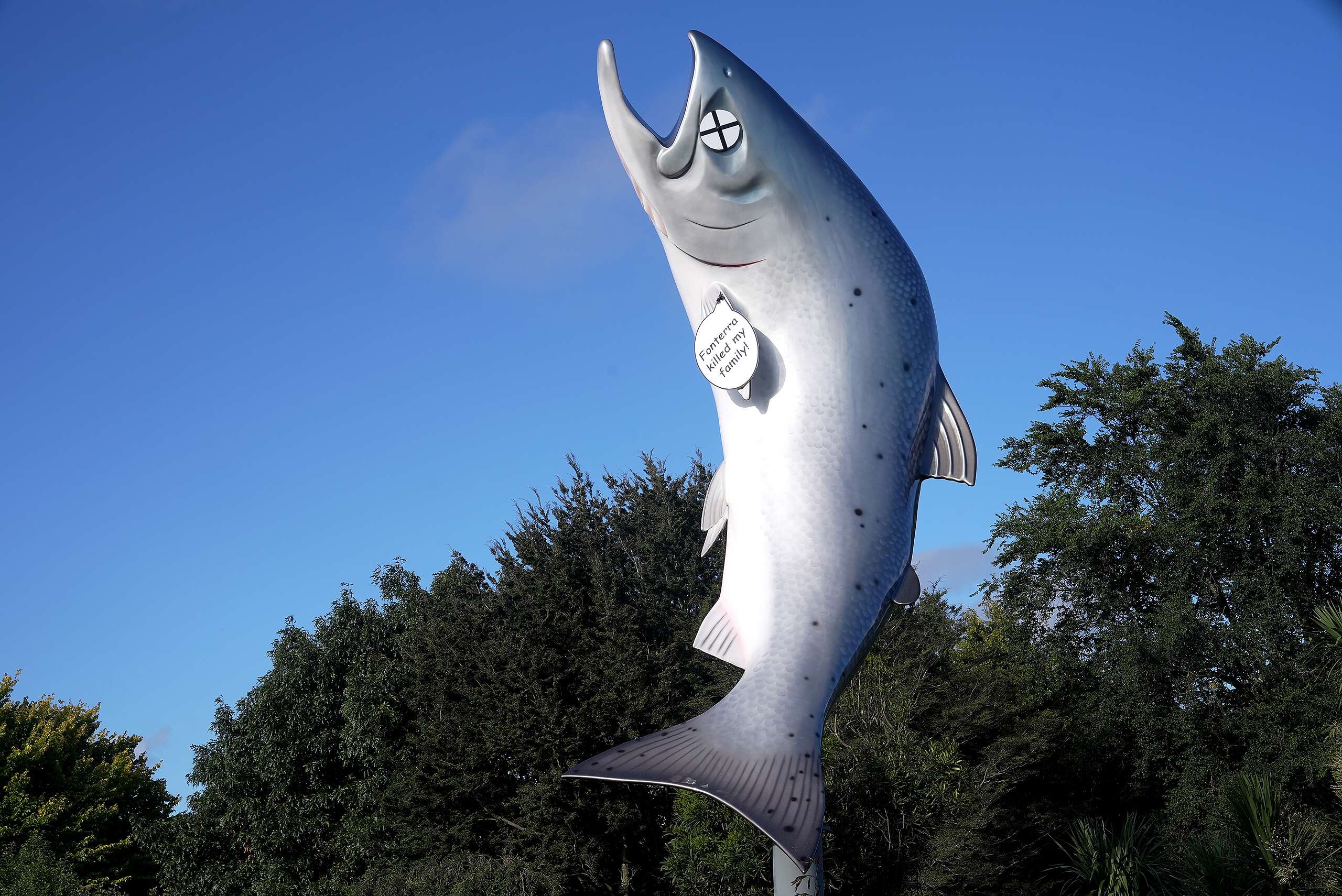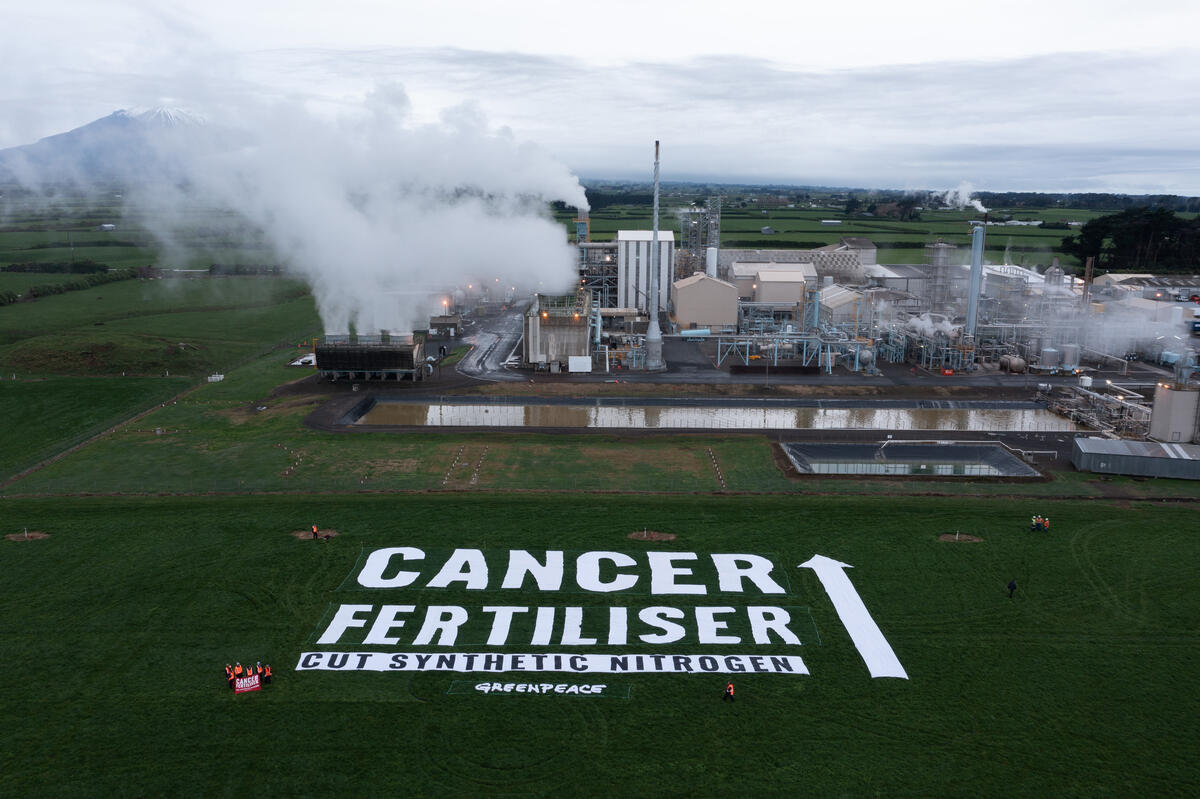An investigation by Greenpeace Aotearoa has revealed that for at least five years, New Zealand Food Safety has failed to recall food products or prosecute suppliers when food has tested positive for illegally high levels of dangerous agrichemicals.
There have been well over 50 breaches, including one food sample containing 30 times the legal limit of a pesticide so toxic it is now banned in New Zealand and is classified as highly hazardous by the World Health Organisation.
“This is a shocking failure of the food safety system,” says Greenpeace campaigner Gen Toop. “Illegally high pesticide residues are being found on our food, and the Government is letting it stay on the shelves. That’s indefensible.”
“Every family in Aotearoa should be able to feed their kids food that is safe from illegally high amounts of pesticide residue. But that is clearly not the case because of gross negligence by the very governmental body charged with ensuring food safety.”
NZ Food Safety sits within the MPI, which is charged with enforcing the Food Regulations 2015. The regulations prohibit the sale of food with residues above maximum limits. But documents obtained by Greenpeace under the Official Information Act confirm there have been no prosecutions for breaches or even a single fine over the last five years, at least.
“This Government and New Zealand Food Safety appear more interested in protecting the profits of agrichemical companies like Bayer than protecting the safety of New Zealanders’ food, and the health of our environment,” says Toop.
In 2022-23, MPI testing found three food samples containing illegally high levels of methamidophos, a highly toxic organophosphate pesticide that is now banned. One sample had residue levels 30 times over the limit, and had been illegally used on a crop for which it wasn’t authorised for use on.
According to the EPA, in its decision to ban the chemical, organophosphates like methamidophos are linked to developmental harm in fetuses and infants, neuropsychological and motor function effects, increased risk of cancer, Parkinson’s disease, obesity, and diabetes.
The revelations come as ACT Ministers David Seymour and Andrew Hoggard push a food safety deregulation agenda, including a plan to fast-track pesticide approvals and allow agrichemical companies to self-assess their own hazardous chemicals.
They also come after MPI and NZ food safety have proposed a 100-fold increase in legally allowed residues of the controversial herbicide glyphosate on wheat, oats and barley.
“Instead of making it easier to use toxic chemicals on our food in ways that are blatantly illegal, the Government should be supporting farmers to transition to ecological farming that protects people and the planet,” says Toop.
Greenpeace is calling on the Government to enforce existing food safety laws, halt ACT’s dangerous deregulation agenda and scrap the plan to raise glyphosate levels 100-fold. An open letter calling for these changes has already been signed by over 10,000 people.




